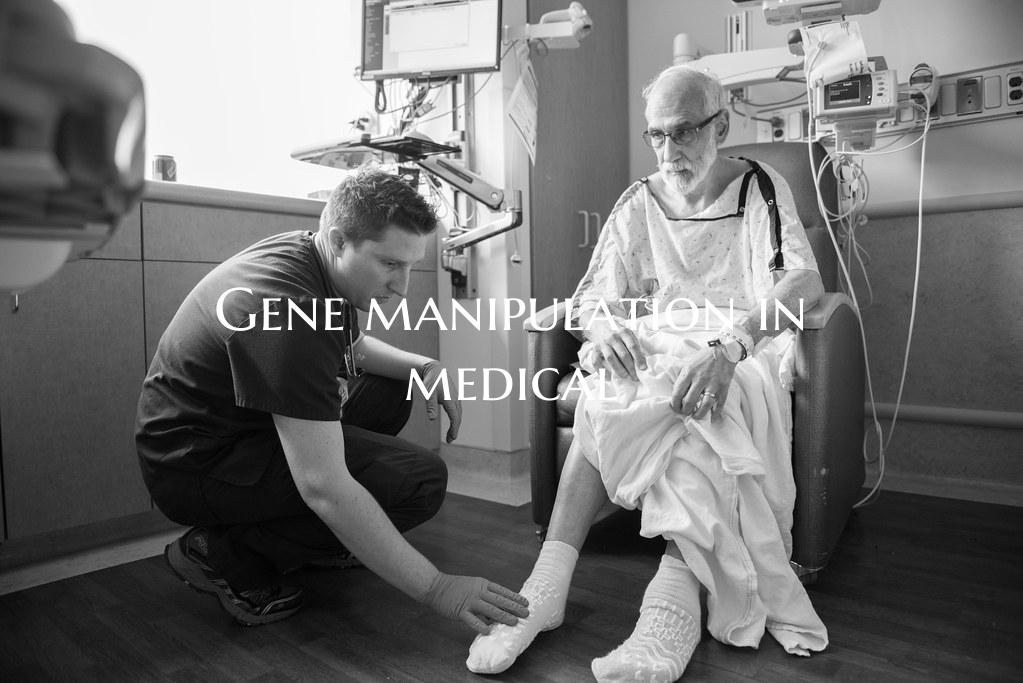
Gene manipulation in medical
Gene manipulation, also known as genetic engineering, has revolutionized the field of medicine by offering novel therapeutic approaches for a wide range of diseases. This cutting-edge technology involves altering the genetic makeup of living cells to correct or modify genetic defects that cause various disorders.
One of the most promising applications of gene manipulation in medicine is gene therapy. This approach involves introducing new genes into a patient's cells to replace faulty ones or to enhance their function. For example, in genetic disorders such as cystic fibrosis or sickle cell anemia, gene therapy can potentially correct the underlying genetic mutations responsible for these conditions.
Moreover, gene manipulation has shown promising results in the treatment of various types of cancer. By targeting specific genes that contribute to the growth and spread of cancer cells, researchers can develop innovative therapies that have the potential to improve patient outcomes and reduce the side effects associated with traditional cancer treatments.
In addition to treating genetic disorders and cancer, gene manipulation holds immense potential in the field of regenerative medicine. Scientists are exploring ways to use gene editing techniques to regenerate damaged tissues and organs, offering hope for patients suffering from conditions that currently have limited treatment options, such as spinal cord injuries or organ failure.
However, despite the tremendous promise of gene manipulation in medical science, ethical considerations and safety concerns must be carefully addressed. The potential for unintended consequences, such as off-target genetic modifications or unforeseen side effects, underscores the importance of rigorous testing and regulation to ensure the safety and efficacy of gene-based therapies.
In conclusion, gene manipulation has the potential to revolutionize the field of medicine by offering new and innovative treatment options for a wide range of diseases. As research in this area continues to advance, it is essential to strike a balance between exploring the full potential of gene manipulation while ensuring the ethical and safety standards are maintained to protect patients and uphold the integrity of medical practice.